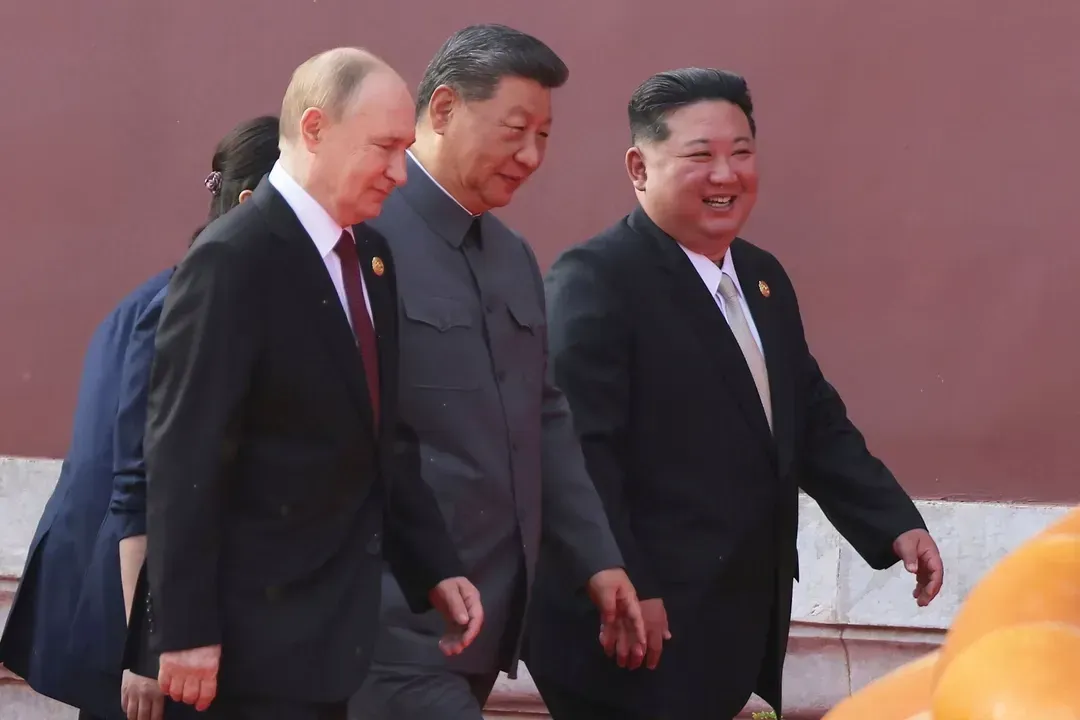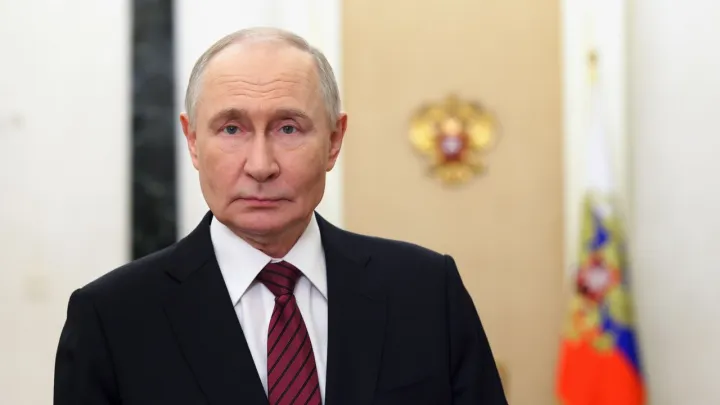Sport
Dollar
0,0000
%Euro
0,0000
%Gram Gold
0,0000
%Quarter Gold
0,0000
%Silver
0,0000
%While the Trump administration seeks to reshape the global order through tariffs and unilateral actions, China is showcasing itself, alongside Russia and North Korea, as ready to challenge US supremacy.
China’s recent military parade marking the end of World War II Japanese surrender, sent a pointed message to Western capitals, particularly Washington: Beijing is unwilling to comply with what it sees as the Trump administration’s one-sided vision for a new world order.
The show of force featured thousands of goose-stepping soldiers and a wide array of advanced weaponry – from submarine drones to the Dongfeng-61 intercontinental ballistic missile, capable of carrying multiple warheads, and the Dongfeng-5C, which can strike US soil from northern China.
Just three days earlier, Xi Jinping had hosted the Shanghai Cooperation Organisation (SCO) summit in Tianjin. Leaders from Türkiye, India, Pakistan, and several Central Asian states attended. On parade day itself, Xi stood flanked by Russia’s Vladimir Putin and North Korea’s Kim Jong-un, underscoring Beijing’s tightening bonds with two of Washington’s main adversaries.
During the summit, China and Russia also signed a critical energy deal to construct a new cross-border pipeline.
These developments triggered Trump to post a sarcastic message on Truth Social: “Please give my warmest regards to Vladimir Putin, and Kim Jong-un, as you conspire against The United States of America”, a barb directed at Xi, with whom he has long claimed a “great relationship”.
‘Broader than just security’
Charlie Parton, the EU’s former First Councillor on China, and a senior associate fellow at Royal United States Institute (RUSI), a British think-tank, interprets both the SCO meeting and military parade “through the lens of anti-Americanism.”

“It (China) is trying to establish an alternative global governance order, one which better reflects Beijing's rather than Washington's or Brussels' interests and values,” Parton tells TRT World. “The SCO meeting in Tianjin should be viewed in that light, one that is broader than just security.”
According to Parton, a leading Western expert on China, Beijing aims to create a world order which preserves some parts of the global system from which “it has benefitted and will benefit while keeping the organisational facade, such as the UN, WTO,” changing those international organisations’ “contents” in its favour.
By contrast, Hongda Fan, a Chinese political scientist and professor at Shanghai International Studies University, frames China’s rising profile differently.
He views the SCO summit and the September 3 parade as offering “a potential option for future global development” not evidence of “plans for global domination.”
According to Hongda, China’s influence is growing because “the positive impact of Western powers on the normal functioning of the world is significantly declining”. Many developing countries, he adds, see Beijing as a promoter, and even leader, of a more “equitable international community.”
China: defender of international order
Hongda insists that Beijing does not seek supremacy, but rather a fair international order not dominated by a single superpower. Unlike the US, which has “repeatedly undermined” international governance, China presents itself as defending the post-WWII system, which, he says, “once played a hugely positive role and remains effective in many respects today.”
Comments
No comments Yet




















Comment